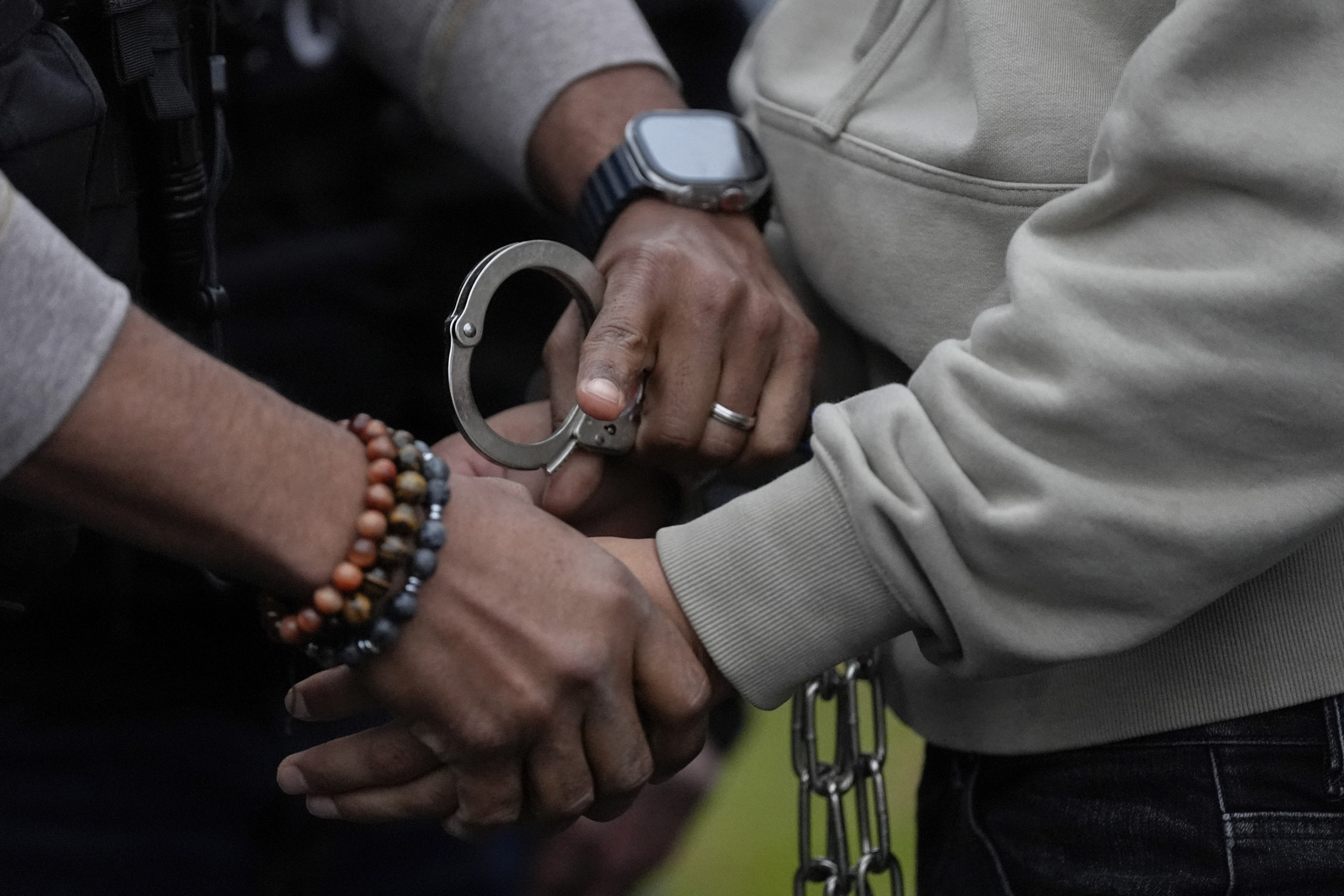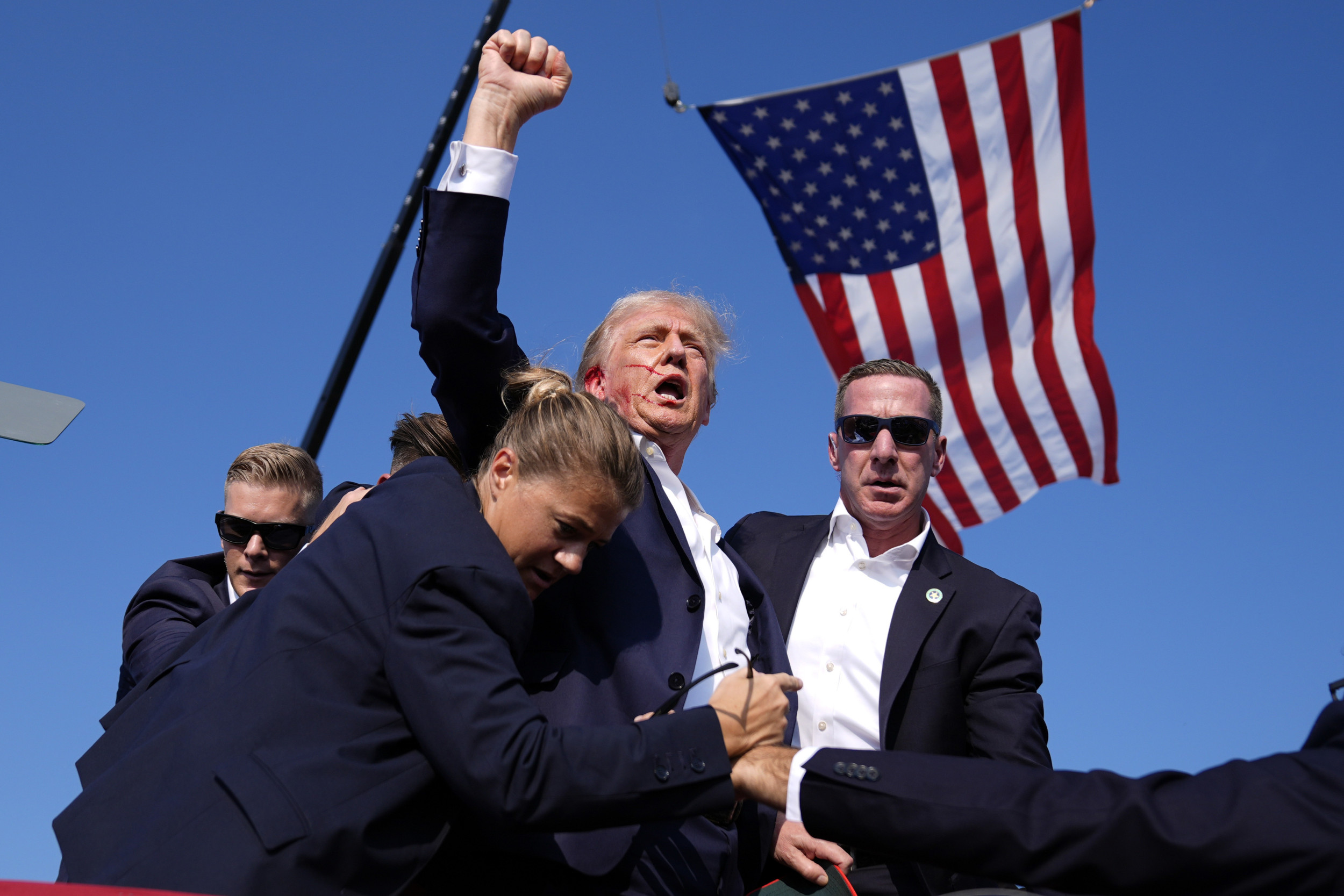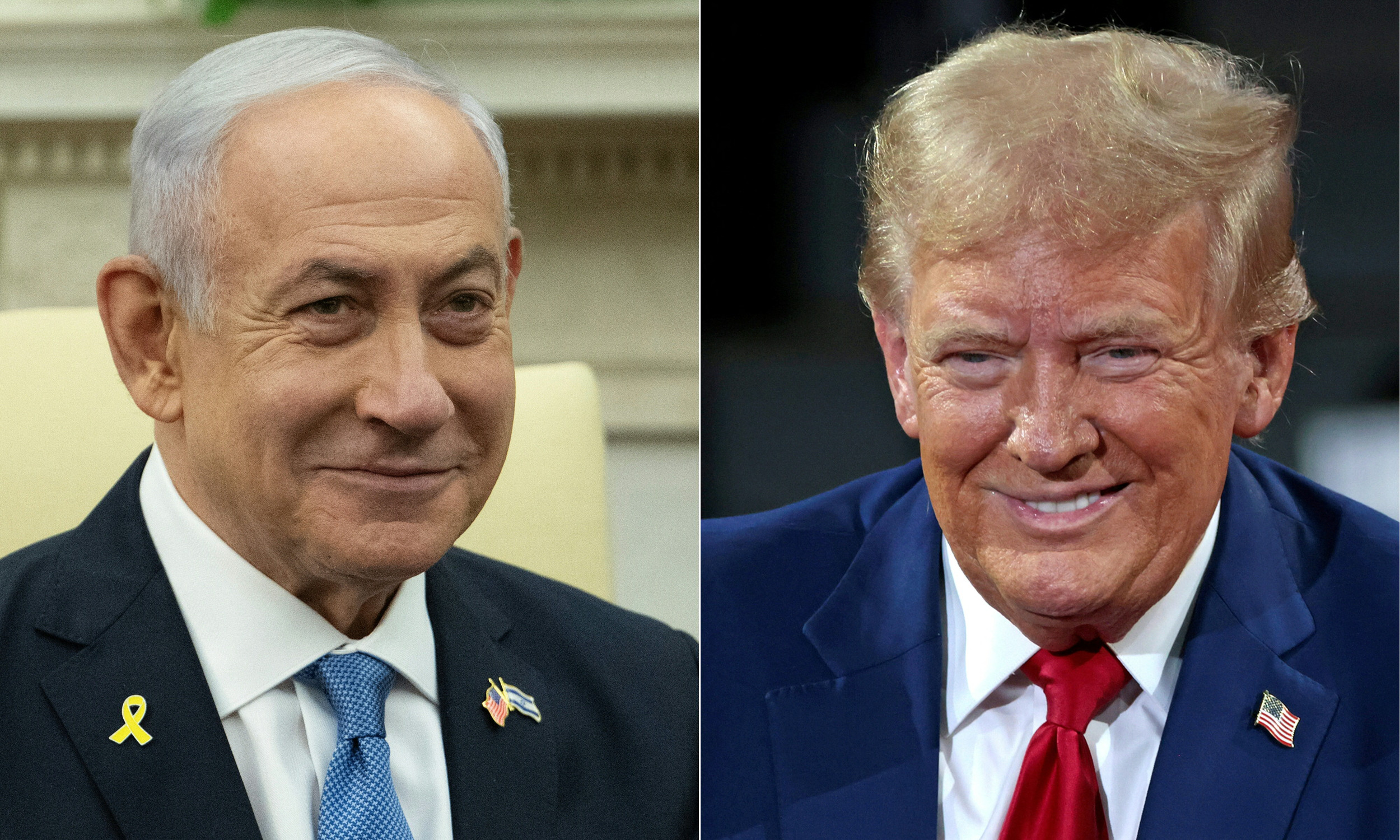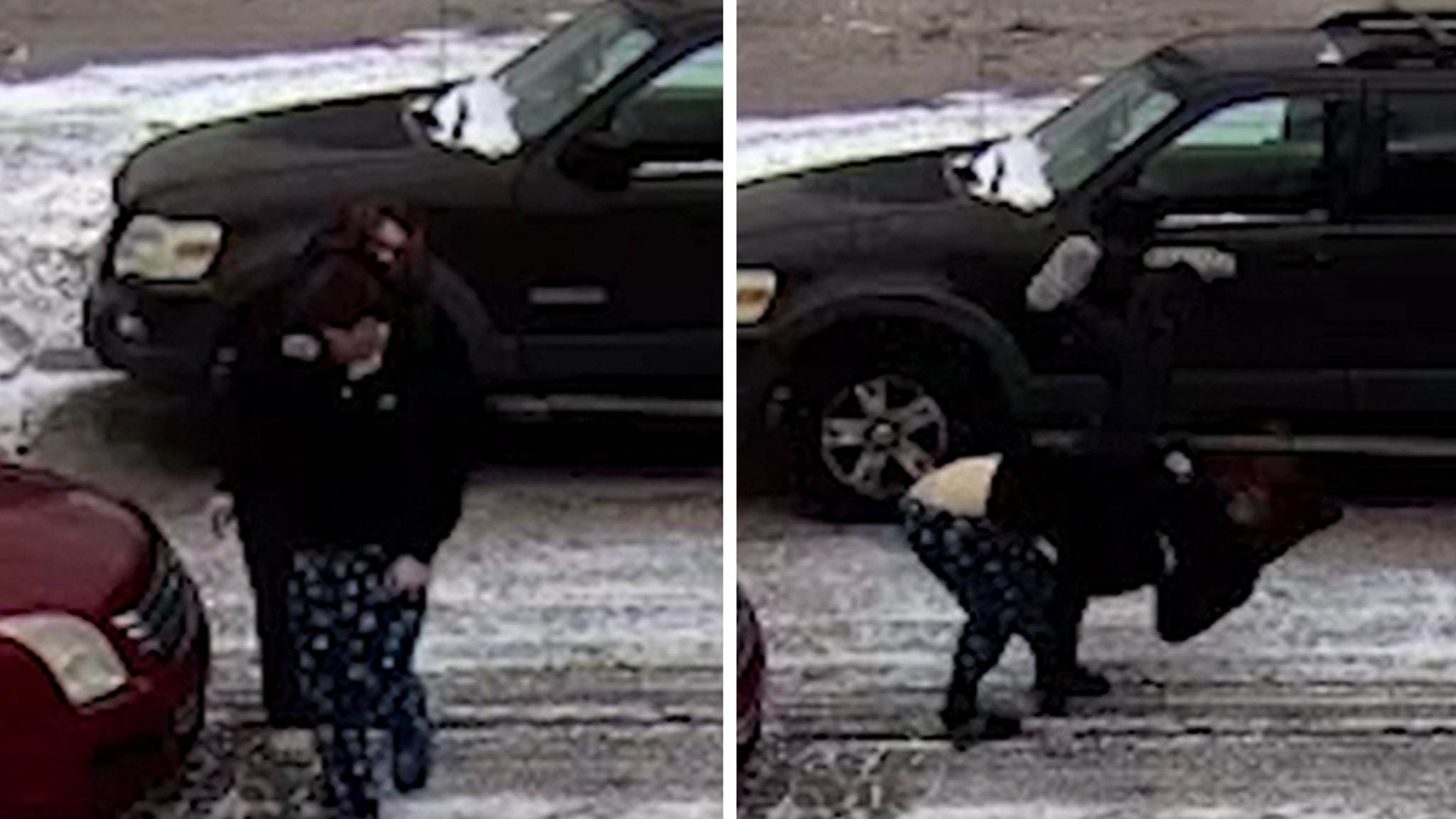A pastor who has had discussions with the incoming Trump administration supports its plan to revoke a long-standing policy that bars Immigration and Customs Enforcement (ICE) agents from making arrests at churches.
The pastor, who requested anonymity to speak freely, told Newsweek he expects ICE to focus solely on targeting serious criminals.
"The incoming administration's policy on sensitive locations like churches, schools and hospitals is focused exclusively on those involved in criminal activity," he said. "We're talking about gang members, rapists, murderers, pedophiles—people who are causing real harm."
Newsweek has contacted the incoming Trump administration for comment.

Why It Matters
Churches in the U.S. play a key role in supporting migrants by offering resources, aid and assistance. They often act as temporary shelters, especially for newcomers or those passing through. Many provide designated areas for rest and recovery, while also operating food banks, distributing clothing and supplying other essentials to help migrants address their immediate needs.
Trump, who will take office on January 20, has announced plans to initiate the largest mass deportation operation in U.S. history, targeting millions of undocumented immigrants.
What To Know
The ICE policy requiring agents to obtain prior approval before making arrests in sensitive locations was introduced in 2011 through a memo issued by then-Director John Morton. The policy remained in effect during the first Trump administration and continued through the Biden administration.
It was intended to allow undocumented migrants to move freely in certain public spaces.
Under the policy, ICE agents are allowed to enter sensitive locations, including churches, schools and hospitals, to make arrests under certain conditions, such as responding to national security or terrorism threats, apprehending dangerous felons, preventing imminent risks of death or physical harm to individuals or property, or protecting evidence in a criminal investigation from being destroyed.
Agents must obtain approval from their superiors before making an arrest in a location deemed sensitive.
Many faith leaders across the United States have criticized President-elect Donald Trump's proposed immigration policies, which also include mass deportations.
When approached for comment, ICE referred Newsweek to the presidential transition team.
The anonymous pastor told Newsweek: "The idea is simple: No one, no matter where they are, should be able to hide if they're involved in [criminal] activity.
"That said, let me be clear: This is not about going after good, law-abiding people who've been here for years—people raising their families, working hard and contributing to their communities. This is about keeping people safe by focusing on the bad actors. It's a tough conversation, but the goal is to strike a balance between protecting the innocent and enforcing the law."
What People Are Saying
The Reverend Randy J. Mayer, lead pastor at the Good Shepherd United Church of Christ in Sahuarita, Arizona: "The incoming administration talks a lot about indiscriminate mass deportations and increased immigration enforcement, but it is the cruelty, vulgarity and vengeance that seems to singe their words.
"My experience along the border through five, going on six president administrations has shown that each administration builds on the bad policies of the previous and throws more and more money at Border Patrol and ICE, but very little has changed other than the desecration of the environment and the dehumanizing and suffering of the migrant."
The Right Reverend Jennifer A. Reddall told Newsweek: "The Episcopal Diocese of Arizona shared the Roman Catholic Church's concern at the potential proposals for separating families of mixed documentation status, and for utilizing critical pieces of our social fabric—schools, churches and hospitals—as places for arresting undocumented people.
"We heartily desire comprehensive reform of our immigration policies, including the regularization of status for DACA [Deferred Action for Childhood Arrivals] recipients, offering sufficient resources to process asylum claims in a timely manner, funding to combat illegal trafficking of guns, drugs and human beings across the United States Border, and clear, efficient, legal immigration opportunities for people who want to work, be upstanding citizens and share in the American dream."
Ben Marsh, who leads First Alliance Church in Winston-Salem, North Carolina, said in a statement to Newsweek: "It remains to be seen to what extent this policy would come into force and how it would be utilized. Very, very few churches actually house migrants of any kind, in part because churches are terrible places to live.
"I don't know is we can render judgment on how this will work out until we see it at play and then at that point decide if what they're doing is moral or not in the face of the need of the humans at question."
Ronald Vitiello, who served as acting director of ICE from June 2018 to April 2019, told Newsweek: "Those frontline officers and agents are fully capable of locating and safely arresting illegal aliens who are subject to removal. They can operate without requesting permission from bureaucrats in Washington. They need to be professional and accountable."
What Happens Next
Other planned changes to immigration policy, which include ending the CBP One app and resurrecting the "Remain in Mexico" program, have raised deep concerns within religious communities that see them as a direct threat to human dignity, compassion and hospitality.
The CBP One app allows asylum-seekers and migrants to schedule appointments with border officials.
The "Remain in Mexico" policy, officially called the Migrant Protection Protocols (MPP), was introduced in 2019 during the first Trump administration. It mandated that asylum-seekers remain in Mexico while their claims were being processed. The Biden administration terminated the policy in December 2022.




















 English (US) ·
English (US) ·